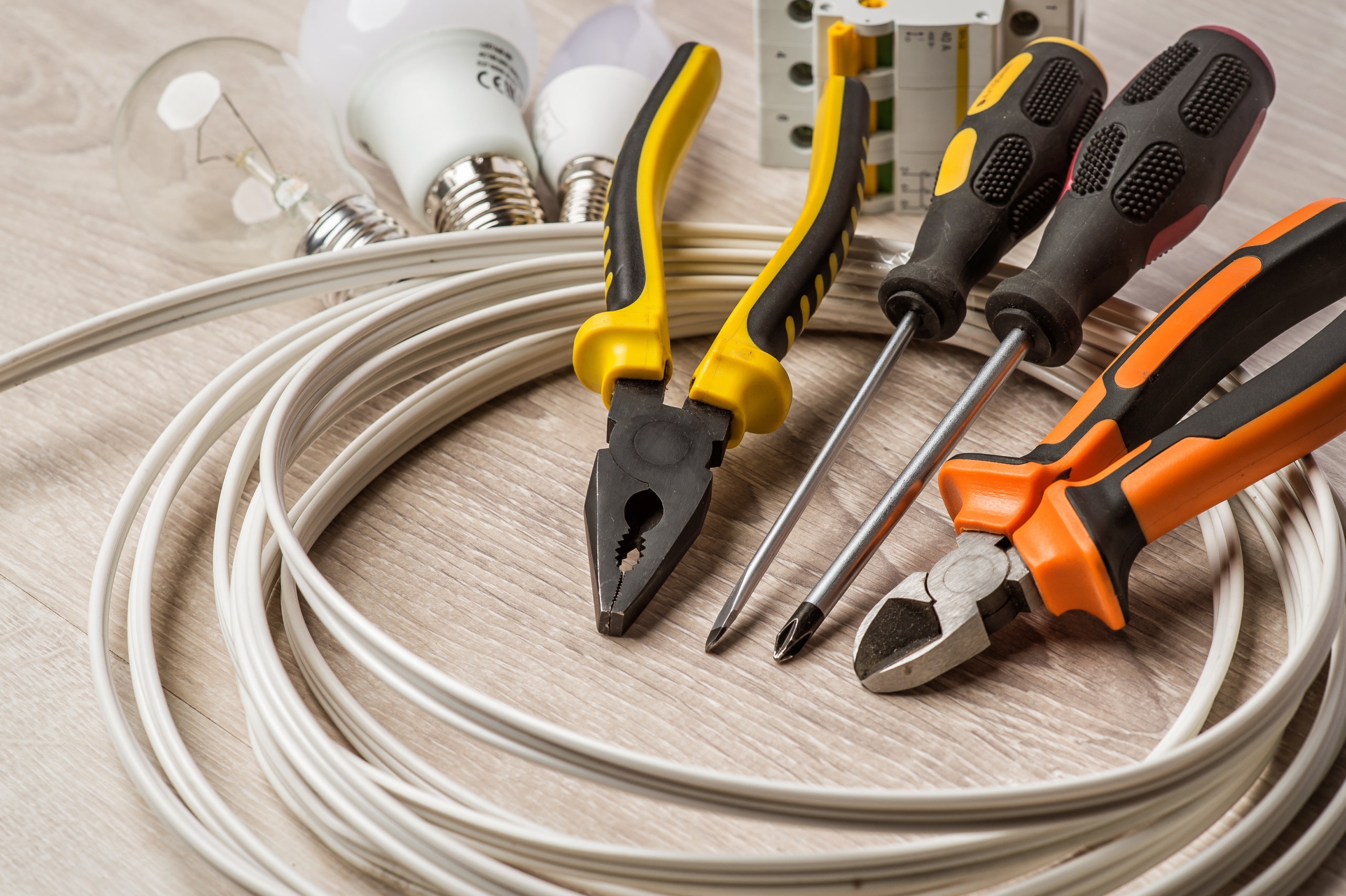Electricity powers our homes and keeps our lives running smoothly, but it also poses potential hazards if not managed properly. Electrical accidents and fires can occur due to various factors, including faulty wiring, overloaded circuits, and improper use of electrical appliances. As a homeowner, it’s essential to prioritize electrical safety to protect your family and property from harm. In this blog post, we’ll discuss essential electrical safety tips to help you prevent accidents and fires in your home.
1. Regular Electrical Inspections:
Schedule regular electrical inspections conducted by a licensed electrician to assess the condition of your home’s electrical system. An inspection can identify potential hazards, such as outdated wiring, overloaded circuits, and damaged outlets or switches, and recommend necessary repairs or upgrades to ensure safety and compliance with electrical codes.
2. Avoid Overloading Circuits:
Overloading electrical circuits is a common cause of electrical fires. Avoid plugging too many appliances or devices into the same outlet or circuit, as this can exceed the circuit’s capacity and lead to overheating and fire. Use power strips with built-in surge protection and limit the number of devices connected to each strip to prevent overloading.
3. Upgrade Outdated Wiring:
If your home has outdated or deteriorating wiring, consider upgrading to modern, safer wiring materials, such as copper or aluminum. Old wiring, such as knob-and-tube or aluminum wiring, may pose fire hazards and should be replaced by a qualified electrician. Upgrading wiring can improve safety, reliability, and energy efficiency in your home.
4. Install Ground Fault Circuit Interrupters (GFCIs) and Arc Fault Circuit Interrupters (AFCIs):
GFCIs and AFCIs are specialized electrical devices designed to protect against electrical shocks and fires. Install GFCIs in areas with water exposure, such as kitchens, bathrooms, laundry rooms, and outdoor outlets, to prevent electrical shocks from water contact. AFCIs detect and mitigate arc faults, which can occur due to damaged wiring or electrical appliances, reducing the risk of electrical fires.
5. Practice Appliance Safety:
Use electrical appliances and devices safely to prevent accidents and fires. Follow manufacturer’s instructions for installation, operation, and maintenance of appliances, and avoid using damaged or frayed cords or plugs. Unplug appliances when not in use, and never overload power strips or extension cords. Keep appliances away from water sources and flammable materials to reduce the risk of electrical hazards.
6. Exercise Caution with DIY Electrical Work:
While it may be tempting to tackle electrical projects yourself, electrical work can be dangerous and should be left to trained professionals. Avoid DIY electrical repairs or installations unless you have the necessary knowledge, skills, and safety equipment. Hiring a qualified electrician ensures that electrical work is done safely and up to code, reducing the risk of accidents and injuries.
Prioritizing electrical safety is crucial for protecting your home, family, and property from accidents and fires. By following these essential electrical safety tips, you can reduce the risk of electrical hazards and enjoy peace of mind knowing that your home is a safe environment. Remember to schedule regular electrical inspections, avoid overloading circuits, upgrade outdated wiring, install GFCIs and AFCIs, practice appliance safety, and exercise caution with DIY electrical work. By taking proactive measures to address electrical safety concerns, you can create a safer and more secure living environment for yourself and your loved ones.
Contact Evolve Electric at (831)-588-0966 for your electrical needs.





